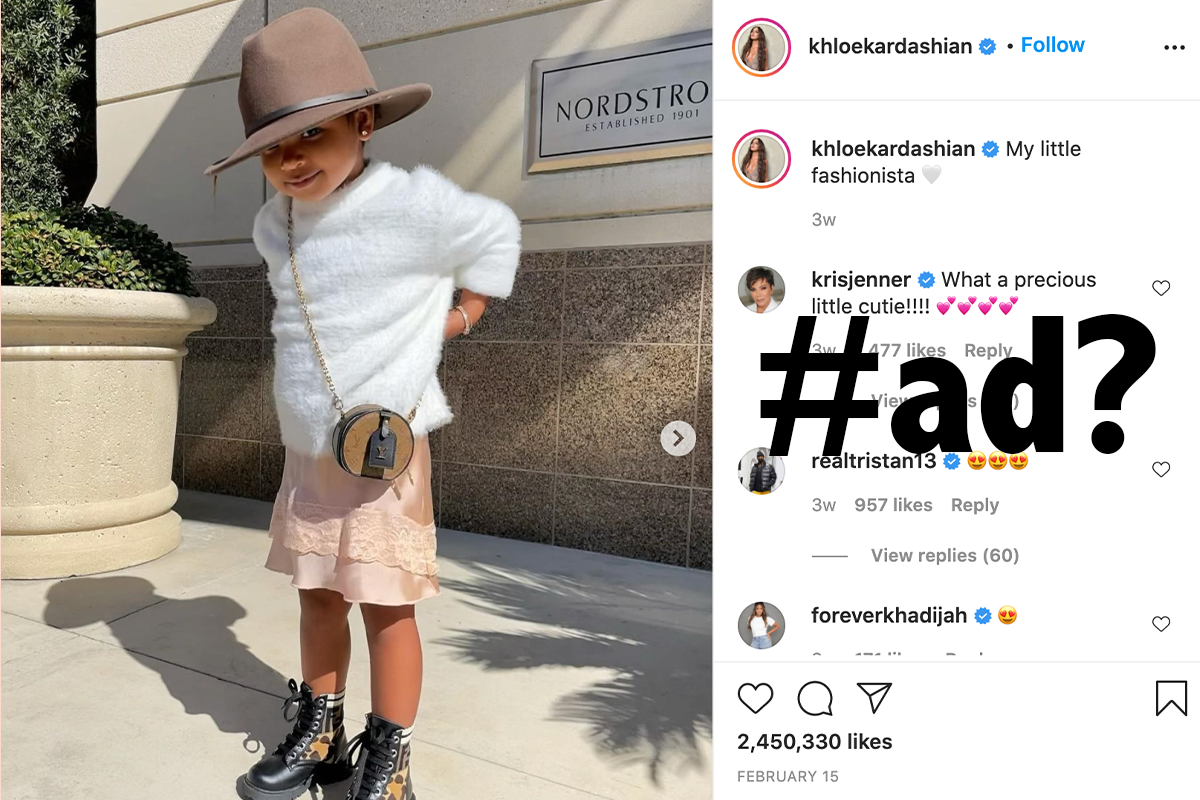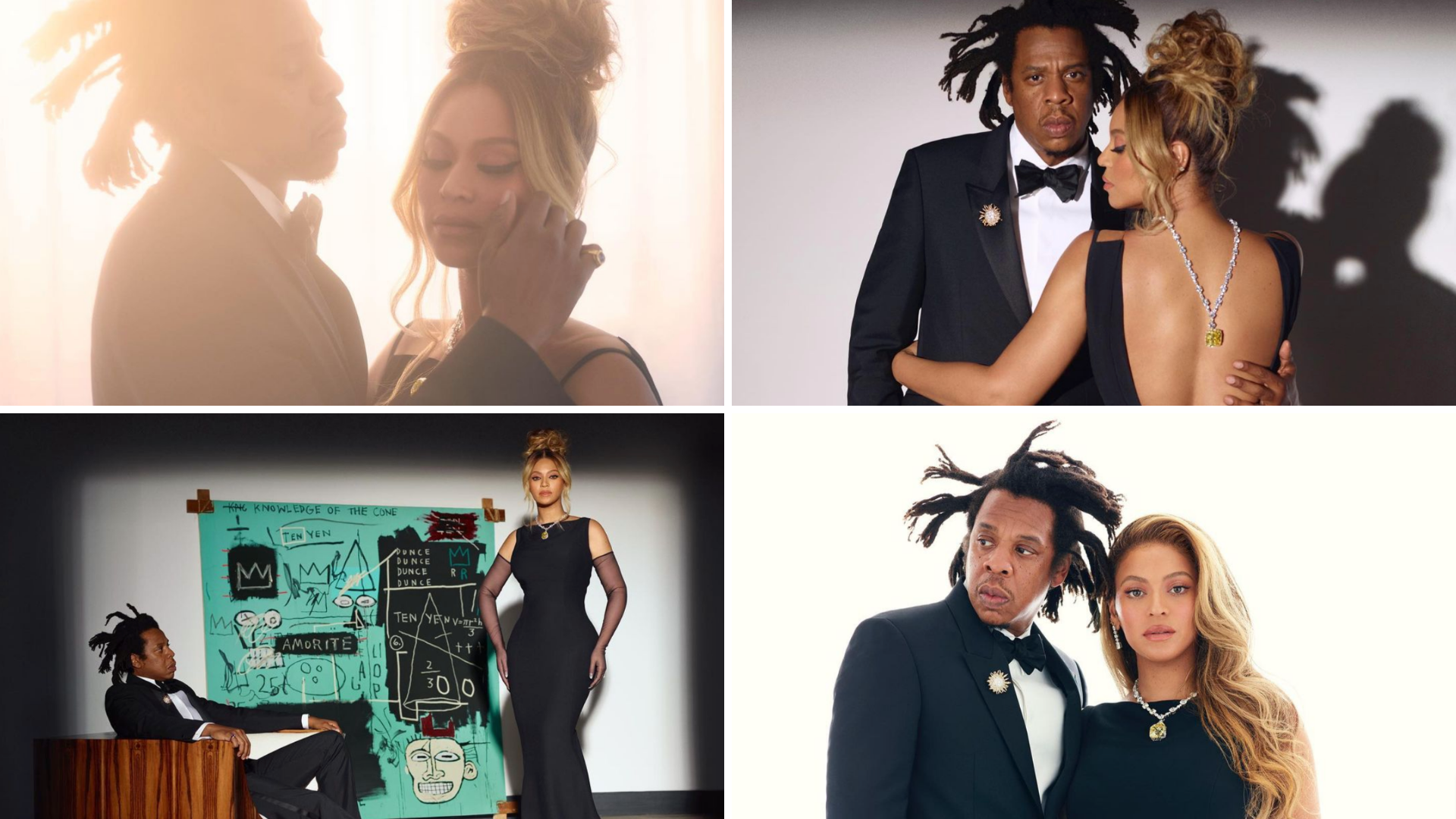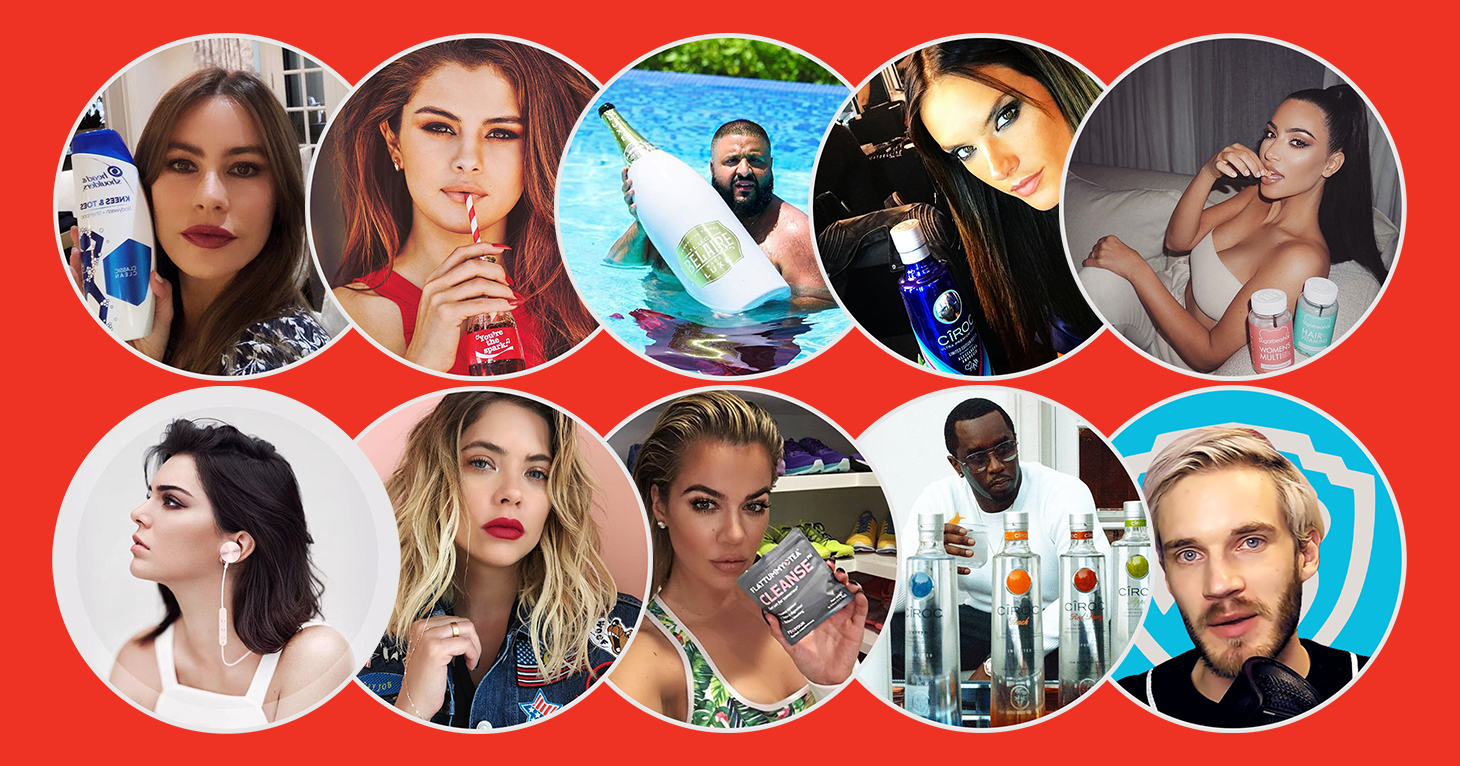
Ad or Not? Khloé Kardashian and Nordstrom
Impromptu family fashion shoot or something less innocent?
Why Queen B may need to "Check on It" before endorsing brands on Insta.

The Beyhive is abuzz over four images Beyoncé Knowles-Carter posted on her Instagram account last week all with the caption, “ABOUT LOVE | @tiffanyandco.”
FTC law states, in sum and substance, that consumers should be able to easily tell when they are looking at an ad. But when it comes to social media advertisements it can sometimes be impossible to differentiate between organic content and sponsored material. As a result, influencers and companies are legally obligated to ensure that consumers are not led astray.
For any of Beyoncé’s more than 200 million Instagram followers, her shoutout to the luxury retailer doesn’t clearly spell out whether or not the posts are advertisements. Only by referencing other sources can consumers learn that Beyoncé and her husband Jay-Z are new brand ambassadors for Tiffany & Co. and that the four posts are indeed advertisements for the iconic jewelry store.
Beyoncé recently ended a Harper’s Bazaar interview by stating, “My wish for the future is to continue to do everything everyone thinks I can’t do.” Hopefully, that wish will induce Beyoncé to just #ad it.
Find more of our coverage on influencer marketing here.
Impromptu family fashion shoot or something less innocent?
From “Belgian” chocolates made in the U.S. to knockoff engagement rings, be wary of these roadblocks to love.
A review of TINA.org’s work exposing deceptive marketing tactics by social media influencers.

